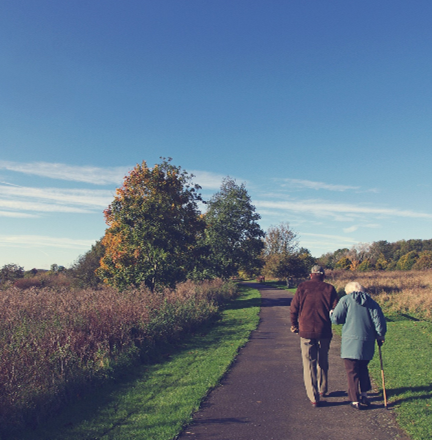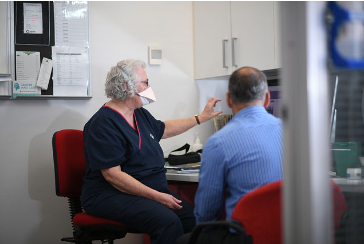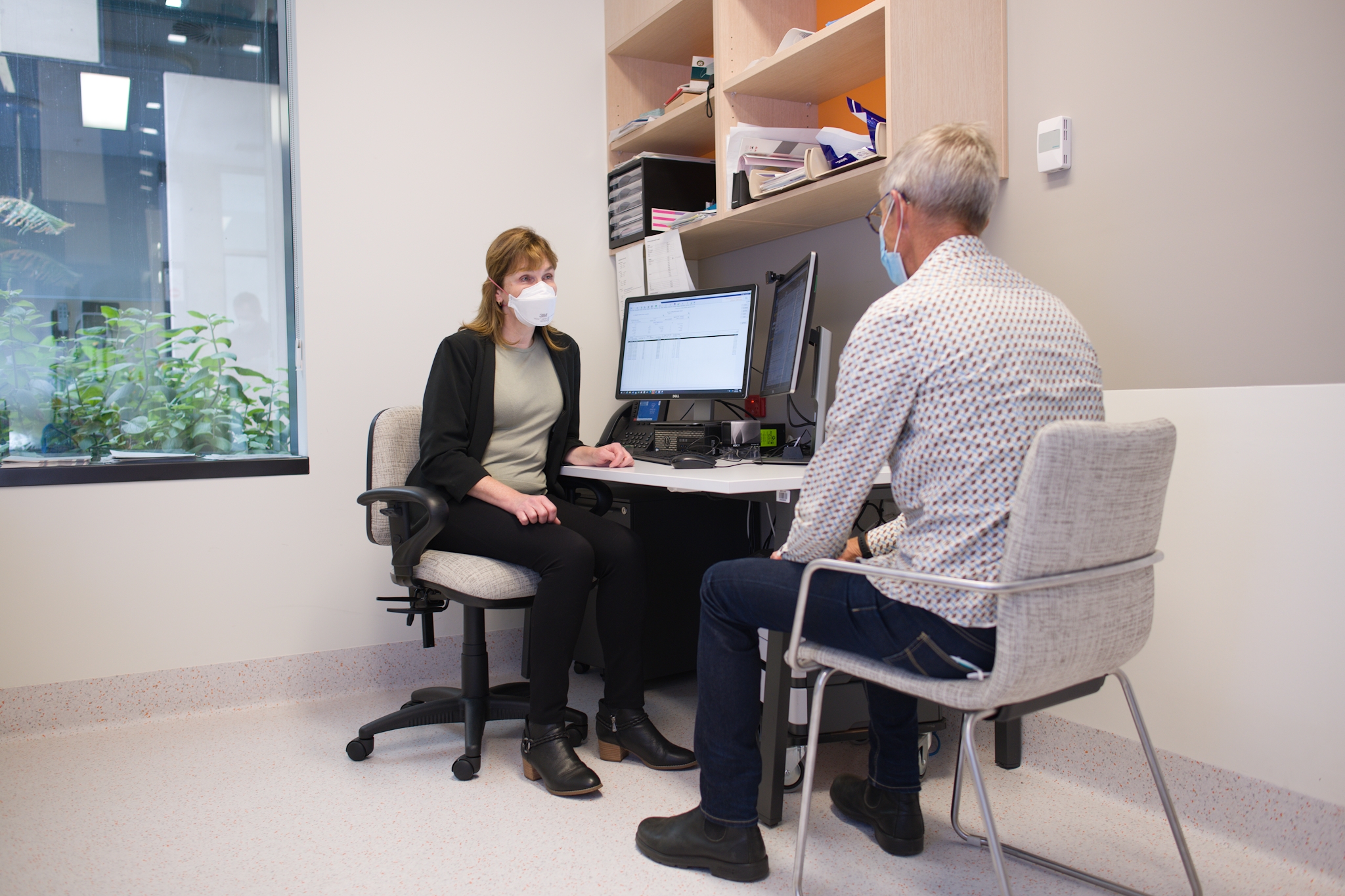This page provides information about how the healthcare team supports patients after their treatment is finished; and advice to support your recovery and follow-up care.

Living with CUP can be quite challenging, including during the recovery period after treatment. You might continue to experience some side effects after you have finished treatment, such as fatigue, or there might be some side effects that show up after treatment. These are sometimes called “late effects” and they can appear months after treatment has concluded. During your follow-up care, your doctor and healthcare team will help you manage these side effects while monitoring your health. See below for more information regarding your follow-up care.
A CUP diagnosis can continue to have an impact on your emotional and mental health, even after treatment. This can be due to poor understanding of your diagnosis, a sense of frustration with your doctors who are not able to provide you with answers and a general uncertainty about CUP. Depressive symptoms are also more likely to appear in CUP patients. It is important to stay connected to your support system, which can include family and friends, mental health professionals and support groups. They will be able to provide practical and emotional support. Speak to your doctor about how you are feeling as they can refer you to a mental health professional.
To support your recovery, try to maintain a healthy lifestyle. Focus on consuming a balanced diet from the five food groups (wholegrains, meat or alternatives, dairy or alternatives, fruit and vegetables). This will ensure you maintain your weight and provide you with plenty of nutrients and energy to support your recovery. Completing regular physical activity will also help you maintain your weight and rebuild your muscle strength. These habits can support your immune system and overall wellbeing.

Follow-up care allows your doctor and healthcare team to monitor your health after treatment has finished. This includes managing any side effects that you experienced after treatment and checking for recurrence (cancer returning), so it can be treated or managed quickly. Follow-up care is vital for managing a CUP diagnosis so changes in your health can be managed as soon as possible. This is also a good chance to discuss with your doctor anything you are concerned about.
Follow-up care often includes routine tests, such as blood tests and scans every few months if you are well enough. This can be referred to as active surveillance. You can talk to your doctor about the specific tests that are best for you. For those who are involved in a clinical trial, other tests may be included in your care as well.
Your follow-up care will be based on how well CUP responded to treatment. Any tests your doctor recommends and who is involved in your care will also be dependent on your individual circumstances. You might be referred to other specialists such as a social worker, dietitian or mental health professionals to support your overall care. You might also be referred to a palliative care team to manage any side effects or symptoms you are experiencing.
Depending on your situation, you may be advised to continue cancer screening that is recommended for the general population, which can include screening for colon, breast, prostate and skin cancer. If there is a family history of cancer or gene testing has raised suspicion of a specific mutation for cancer, genetic counselling and testing might be offered. This can also lead to additional screening if it is confirmed.
If you notice any unexplained or unintentional weight loss, persistent pain or any other changes in your health that concern you, speak to your doctor.
Here are the links to other information pages to learn more about different aspects of supportive care. You may also use the quick links on the right side of the page to navigate.

Most people are diagnosed with cancer of unknown primary (CUP) after they have symptoms or become unwell. Some people may be diagnosed during tests for another health condition. When cancer is suspected, you might be referred for tests or to a specialist.

The treatment you have depends on a number of things, including where the cancer is and your general health. A team of doctors and other professionals discuss the best treatment and care for you. The main treatment for Cancer of Unknown Primary is cancer drugs, most commonly chemotherapy. You may also have radiotherapy to help to control your symptoms and hormone therapy.




